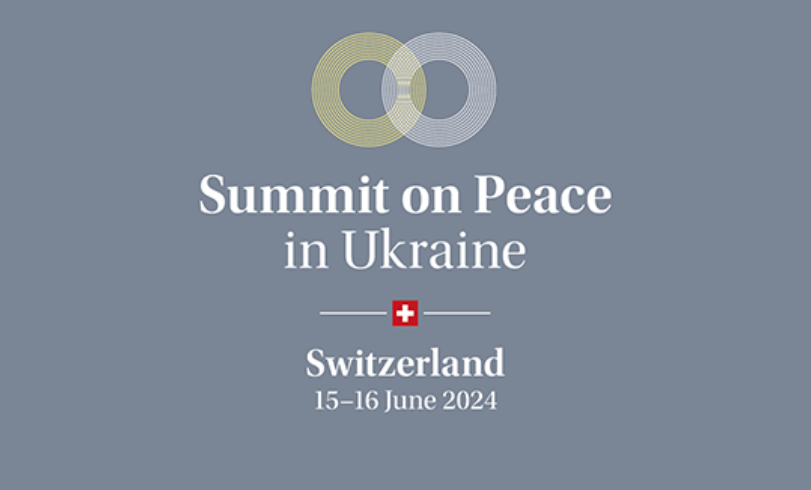BÜRGENSTOCK – The Ukrainian Peace Conference, held in Switzerland on June 15 and 16, concluded with a final declaration that saw a divided consensus among the participating states. Despite rigorous discussions and negotiations, six of the G20 nations, including Brazil, Mexico, Saudi Arabia, South Africa, India, and Indonesia, withheld their agreement to the proposed declaration. The conference, which aimed to foster a unified global stance on peace initiatives in Ukraine, faced significant hurdles as geopolitical interests surfaced during the deliberations.
The final document, which encapsulated the collective efforts and resolutions for peace strategies, was ratified by 80 of the 93 states present. However, the absence of consensus from key G20 members highlighted the complexities of international diplomacy and the challenges inherent in achieving unanimous agreements on global issues. The divergent positions of India and Thailand, representing the Asian bloc, further underscored the regional nuances that influenced the conference’s outcomes.
In addition to the G20 nations, other countries such as Armenia, Bahrain, Thailand, Libya, the United Arab Emirates, Colombia, and the Vatican also chose not to endorse the final declaration. This development points to a broader spectrum of considerations and national interests that play a pivotal role in international peace efforts.
The Ukrainian Peace Conference has been a focal point for global leaders and diplomats seeking to navigate the intricate landscape of modern geopolitics. While the majority support for the declaration signals a positive direction, the abstentions reflect the ongoing dialogue and negotiation required to bridge differences and foster lasting peace. (zai)

